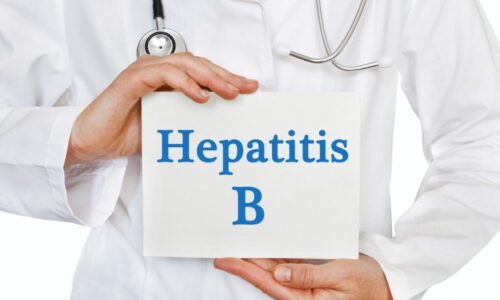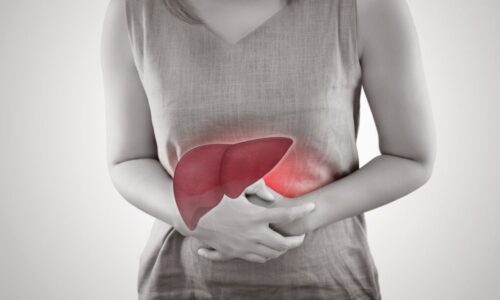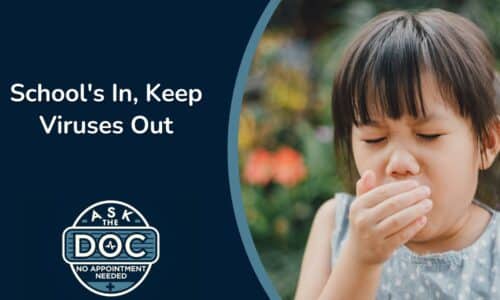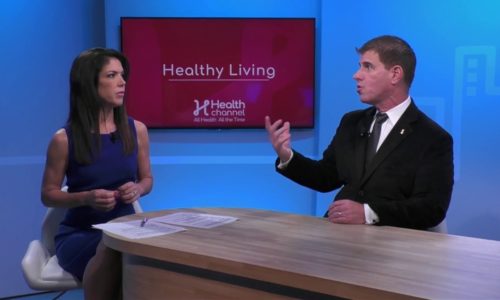Your Best Defense Against Seasonal Illnesses |
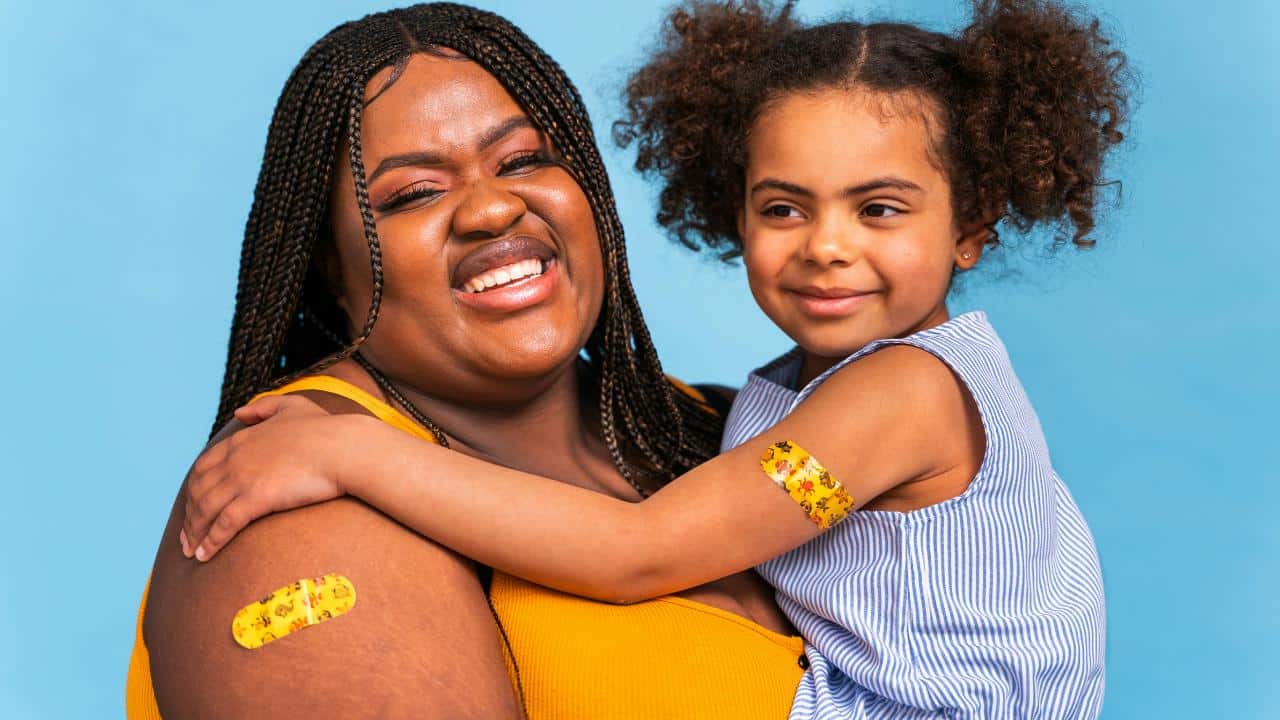
Fall brings crisp air, vibrant leaves, and cozy sweaters—but it also ushers in virus season. Influenza, RSV, shingles, and even chickenpox-related shingles can disrupt your health and holiday plans. Fortunately, vaccines offer a powerful shield against these illnesses. Dr. Madeline Camejo, Chief Pharmacy Officer for Baptist Health, and Dr. Corey Frederick, Clinical Coordinator for Infectious Diseases, address your vaccination questions and separate fact from fiction.
Shingles Vaccine: Why It Matters
Randle, a 55-year-old viewer, asked about the shingles vaccine after remembering he had chickenpox as a child. Dr. Camejo explained that the varicella-zoster virus, which causes chickenpox, can remain dormant in your body for decades. Later in life, it can reactivate as shingles, a painful and potentially serious condition.
“Shingles isn’t just an itchy rash,” Dr. Camejo warned. “It can cause long-term complications like post-herpetic neuralgia, a persistent and debilitating pain. The CDC recommends the shingles vaccine for adults 50 and older to significantly reduce the risk of shingles and its complications.”
RSV Vaccine: Who Needs It?
Camila, in her 60s, asked whether she and her husband should consider the RSV (Respiratory Syncytial Virus) vaccine alongside their flu shots. Dr. Frederick noted that RSV vaccines are recommended for adults 75 and older, as well as those aged 60-74 with chronic conditions like heart disease, lung disease, or diabetes.
“RSV can cause mild symptoms in some but severe illness in older adults and those with health conditions,” said Dr. Frederick. “Side effects of the vaccine, like mild fatigue or headaches, are a small price to pay for protection.”
Flu Vaccine During Pregnancy
Lucius wanted to know if his pregnant wife should skip the flu shot this year. Dr. Camejo emphasized the importance of flu vaccinations for pregnant women, not only to protect themselves but also their unborn babies.
“Pregnant women are at higher risk for severe flu complications, and fever from the flu can affect a baby’s development,” explained Dr. Camejo. “Flu vaccines are safe during pregnancy and help pass protective antibodies to your baby, shielding them in their first few months of life.”
HPV Vaccine: Is It Too Late?
Valentina, 24, wondered if she could still get the HPV vaccine. Dr. Frederick assured her that she could and explained its benefits.
“The HPV vaccine is recommended for everyone up to age 26 and is now available for adults up to 45 based on individual circumstances,” said Dr. Frederick. “This vaccine isn’t just about preventing HPV; it’s a vaccine against certain types of cancer caused by the virus.”
Meningitis Vaccines for Kids and Teens
Felicia wanted to know about vaccinations for meningitis, a rare but severe illness. Dr. Frederick explained there are vaccines available to protect against the two leading causes of meningitis: pneumococcus and Neisseria meningitidis.
“Your physician can guide you on which meningitis vaccine is right based on your age and risk factors,” he said.
The Truth About Vaccines and Autism
Anonymous parents asked if childhood vaccines cause autism, a persistent concern among some. Dr. Frederick tackled the myth head-on:
“Decades of research have shown no link between autism and routine vaccinations. The misconception arose because autism symptoms often appear around the same time children receive vaccinations. The science is clear: vaccines are safe and do not cause autism.”
Why Adults Need Tdap Boosters
Brooke, who works with infants, asked why she needed a Tdap booster. Dr. Frederick explained that Tdap protects against tetanus, diphtheria, and pertussis (whooping cough), which can be life-threatening for infants.
“By staying up-to-date on your Tdap vaccine, you’re not just protecting yourself—you’re safeguarding the vulnerable children you work with,” he said.
COVID-19 Vaccines: Do We Still Need Them?
Ahmad asked if COVID-19 boosters are still necessary. Dr. Camejo emphasized the importance of staying current with boosters to protect against new variants and reduce the severity of symptoms.
“COVID-19 is still a serious health concern,” she said. “Boosters help your immune system recognize the virus, even as it changes, and they reduce the risk of severe illness.”
Chickenpox and Shingles: What’s the Connection?
Deon wanted to understand how chickenpox could lead to shingles later in life. Dr. Frederick explained:
“After a chickenpox infection, the virus remains dormant in your nerve cells. It can reactivate years later as shingles, especially if your immune system weakens. The shingles vaccine is your best defense.”
The Bottom Line
Vaccines are a cornerstone of public health, protecting individuals and communities from potentially severe illnesses. From flu and RSV to HPV and shingles, staying informed and up-to-date with vaccinations is one of the best ways to safeguard your health and the health of those around you.
Have Questions? Ask the Doc!
Dr. Camejo and Dr. Frederick invite viewers to send in their health-related questions for future episodes. Submit your queries to questions@allhealthtv.com, or connect on Facebook or YouTube. Stay tuned for more expert advice on Ask the Doc—your go-to source for trusted healthcare guidance.



